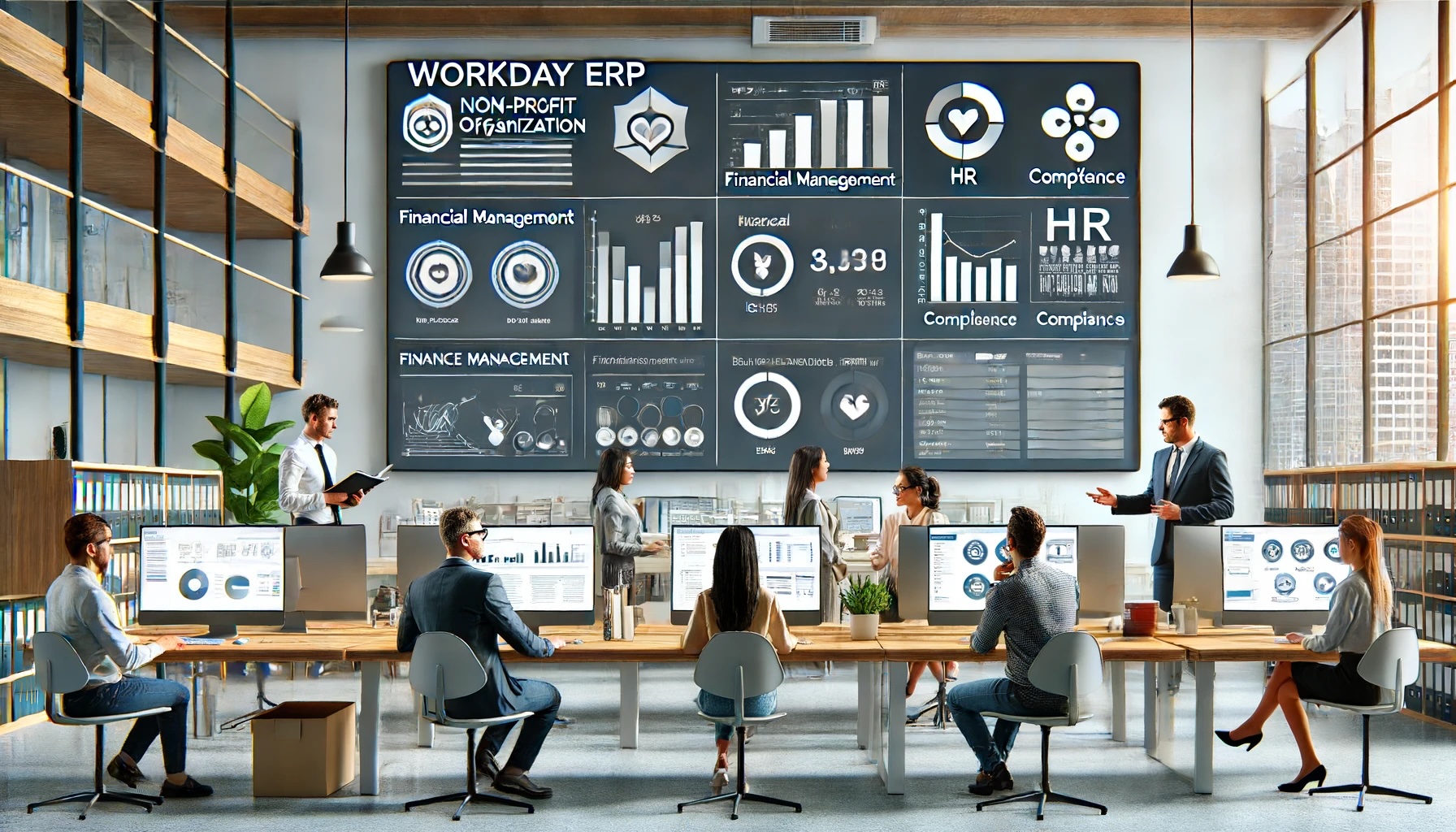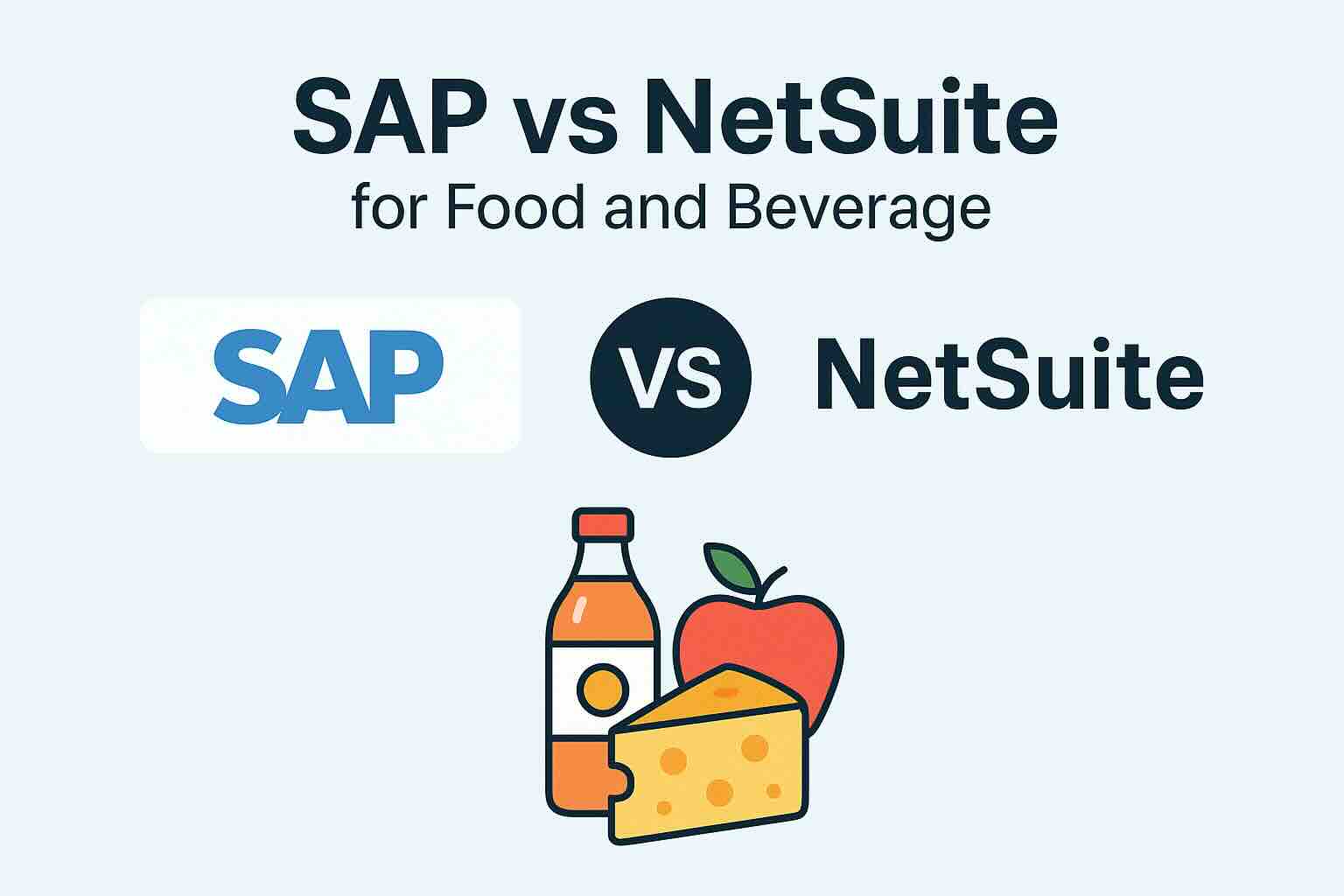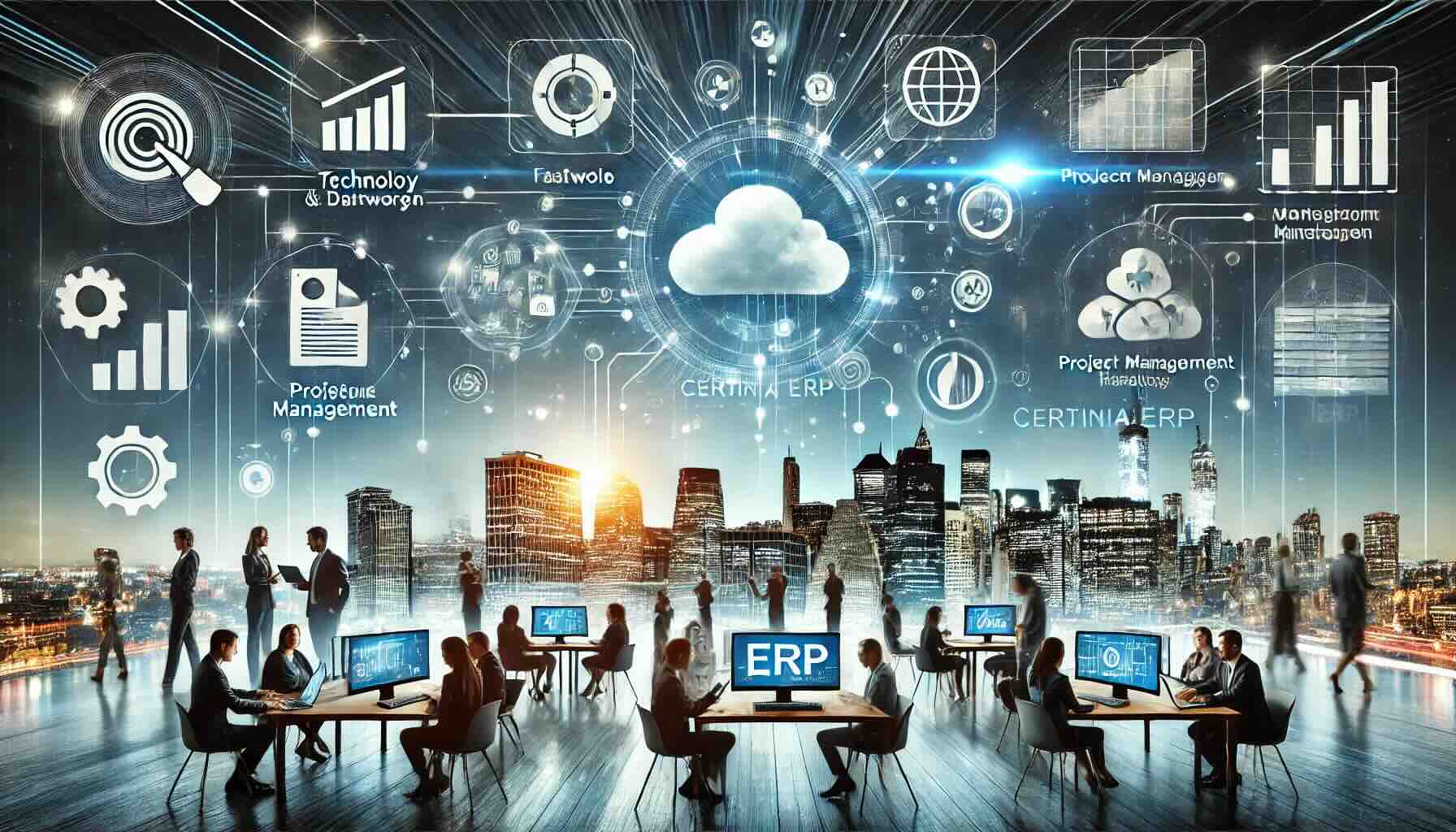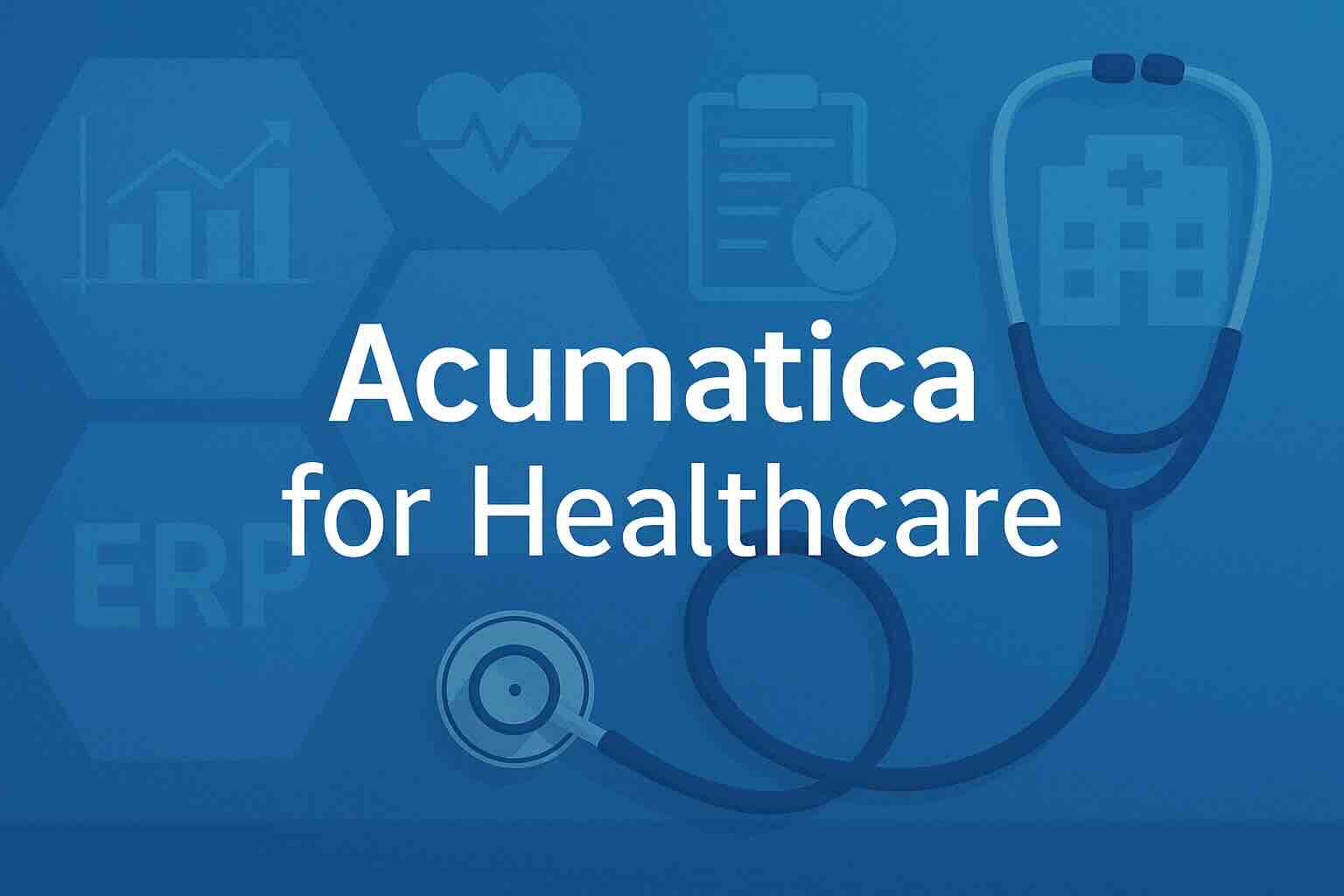Is Workday a Good ERP for Non-Profit Organizations?

Choosing the right Enterprise Resource Planning (ERP) system is crucial for non-profit organizations aiming to streamline operations, enhance financial oversight, and achieve mission-driven goals efficiently. One of the prominent ERP systems in the market is Workday. But is Workday a good ERP for non-profit organizations? This blog will explore the features, strengths, and weaknesses of Workday ERP for non-profits to help you make an informed decision.
Strengths of Workday ERP for Non-Profits
- Comprehensive Financial Management Workday excels in financial management, offering robust tools for budgeting, accounting, and financial reporting. Non-profits benefit from accurate tracking of donations, grants, and expenditures. Real-time financial insights provided by Workday enable non-profits to make informed decisions and maintain transparency with stakeholders.
- Scalability As a cloud-based platform, Workday is highly scalable, making it suitable for non-profits of all sizes. Whether a small local charity or a large international organization, Workday can adapt to growing data and user needs without significant additional investment. This scalability ensures that the system remains effective as the organization expands.
- User-Friendly Interface Workday’s user-friendly interface is accessible to non-profit staff who may not have extensive technical expertise. The intuitive design reduces the learning curve, allowing users to navigate various modules, such as finance and human resources, efficiently. This ease of use is particularly beneficial for non-profits with limited IT resources.
- Integrated Human Resources Management Workday offers comprehensive HR management tools, crucial for non-profits that rely on both paid staff and volunteers. The system facilitates seamless management of payroll, benefits, recruitment, and performance evaluations. By integrating HR functions, non-profits can manage their workforce more effectively, ensuring staff and volunteers are well-supported and engaged.
- Regulatory ComplianceNon-profits often face stringent regulatory requirements. Workday’s robust compliance features help ensure adherence to various regulations, maintaining accurate records, generating necessary reports, and staying updated with regulatory changes. This focus on compliance reduces the risk of non-compliance and enhances organizational credibility.
Weaknesses of Workday ERP for Non-Profits
- High Cost One of the primary drawbacks of Workday ERP is its cost. The high initial setup and ongoing subscription fees can be a significant barrier for many non-profits. While Workday offers extensive features, the financial investment required may be prohibitive for smaller organizations with limited budgets.
- Complex Implementation Implementing Workday can be complex and time-consuming, often requiring dedicated IT resources and expert guidance. Non-profits may find this complexity challenging, especially if they lack in-house IT expertise or the budget to hire external consultants. The lengthy implementation process can delay the system’s benefits.
- Customization Limitations While Workday provides a range of features, customization options are somewhat limited compared to other ERP systems. Non-profits with unique operational needs may struggle to tailor the system to their specific requirements, potentially limiting its effectiveness in addressing their challenges.
- Limited Non-Profit Specific Features Workday is a versatile ERP, but it is not specifically designed for non-profits. As a result, it may lack certain features tailored to the unique needs of non-profit organizations, such as advanced grant management or donor relationship management functionalities. Non-profits may need to rely on additional software to fill these gaps.
- Integration Challenges Integrating Workday with existing systems can be challenging. Non-profits often use specialized software for fundraising, event management, and volunteer coordination. Ensuring seamless integration between Workday and these systems may require additional time and technical resources, posing a challenge for organizations with limited IT capabilities.
Conclusion
Workday ERP offers a range of powerful tools that can significantly benefit non-profit organizations, from robust financial management and scalability to an intuitive interface and comprehensive HR management. However, the high cost, complex implementation, limited customization, and integration challenges are significant considerations. Additionally, the lack of non-profit-specific features may limit its utility for some organizations.
Ultimately, whether Workday is the best ERP for a non-profit organization depends on its specific needs, budget, and existing infrastructure. Non-profits should carefully evaluate these factors, potentially consulting with ERP experts, to make an informed decision that aligns with their mission and operational goals.
Click this link to find out more about Workday for non profit organizations.
To compare Workday with 100s of other ERP solutions, you can use our new AI-powered Compare ERP tool. It’s free to use and you get a guaranteed discount on your first year’s licence fees with a referral from Compare ERP.









